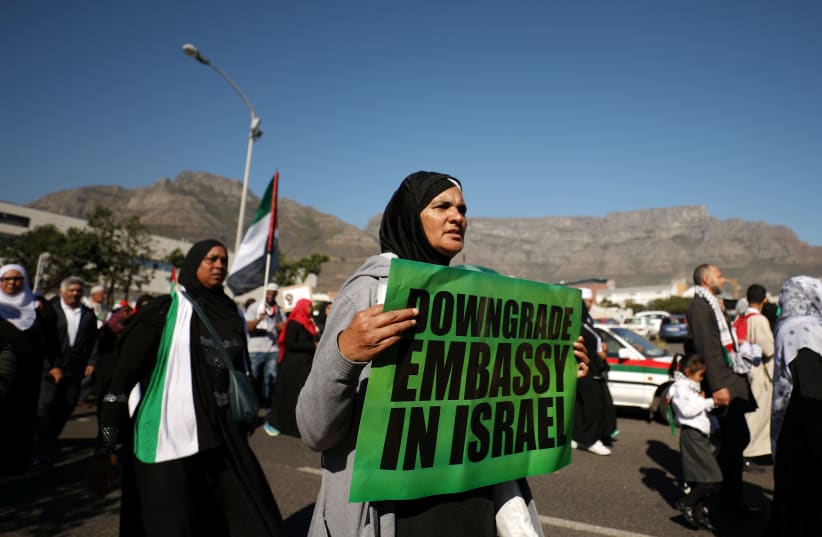60,000 sign petition, call on S. Africa to reinstate ambassador to Israel
Earlier this month, International Relations Minister Lindiwe Sisulu’s announced that South Africa’s Embassy in Tel Aviv had been downgraded and that the ambassador to Israel would not be replaced
